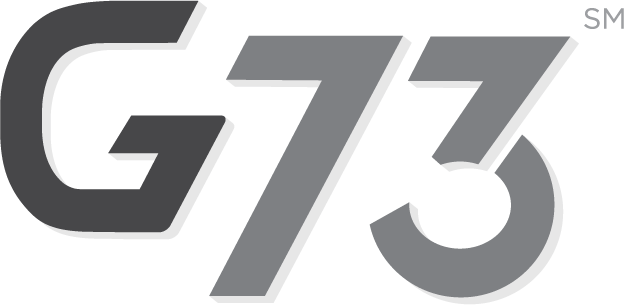Supporting Efforts to Invest in 185M+ Serviceable Locations to Fuel Economic Growth Across the U.S.
Gadberry Group, a RE/MAX Holdings company that was recently rebranded as G73, has determined that there are 185,198,930 Broadband Serviceable Locations (BSLs) in the continental United States.
Since 2018 the Gadberry Group, acquired by RE/MAX Holdings in 2020, has been providing BSL data to leading telecommunications providers to help close the "digital divide" across the U.S.
We Know There Are 185,198,930 Addresses Today (6.1.2021)
BSLs are constantly changing.
Addresses are born while others are retired. Properties are split, subdivided, bought, sold, and inherited. Structures are built, destroyed, abandoned, or converted to other uses. Data on multi-unit dwellings (MDUs) like apartment complexes, condominiums, mobile home parks, marinas, and mixed-use/multi-purpose buildings are extremely difficult to create and maintain.
The art and science of addressing and location data science can vex even the most sophisticated practitioners but is where the answer to the BSL question can be found. The effort required to create the BSL baseline is significant. Over two decades of domain expertise in creating commercial address and location data products, dozens of carefully selected input sources, and years of in-market product feedback gives us confidence that 185,198,930 is the number today, but it will certainly not be the same tomorrow.
Make the Most of Your FCC Awards
G73 has solved the challenge of serviceable location mapping for broadband initiatives.
We'll help you make the most of your FCC Award amounts.
Here's how we know
The following is an approach that considers the convergence of separate but related forms of data— Address, Property, and Structure – and an approach that produces the most absolute and reliable measure of BSLs where, in the end, each BSL can be located and visited on the Earth.
While the data engineering is very complex, the overarching approach that yields 185,198,930 is straightforward. Starting with the most absolute addresses, as defined by a proprietary confidence scoring algorithm, which are then associated to an absolute geographic coordinate, the baseline universe of BSLs is calculated. The term “absolute” refers to addresses that are verified and geographic coordinates that are computed from a structure polygon or parcel polygon.
Because of differing interpretations of what a BSL is, or is not, anomalies that are inherent to any dataset, and the constant changes that occur, the actual number of BSLs at any point in time will vary. That said, 185,198,930 represents our count of unique locations to support the FCC’s stated data requirements and the current broadband mapping initiatives.
Our approach incorporates every attempt to consider the unique and singular nature of a BSL - eliminating duplicative records, determining records of authority, and reducing false positives.
